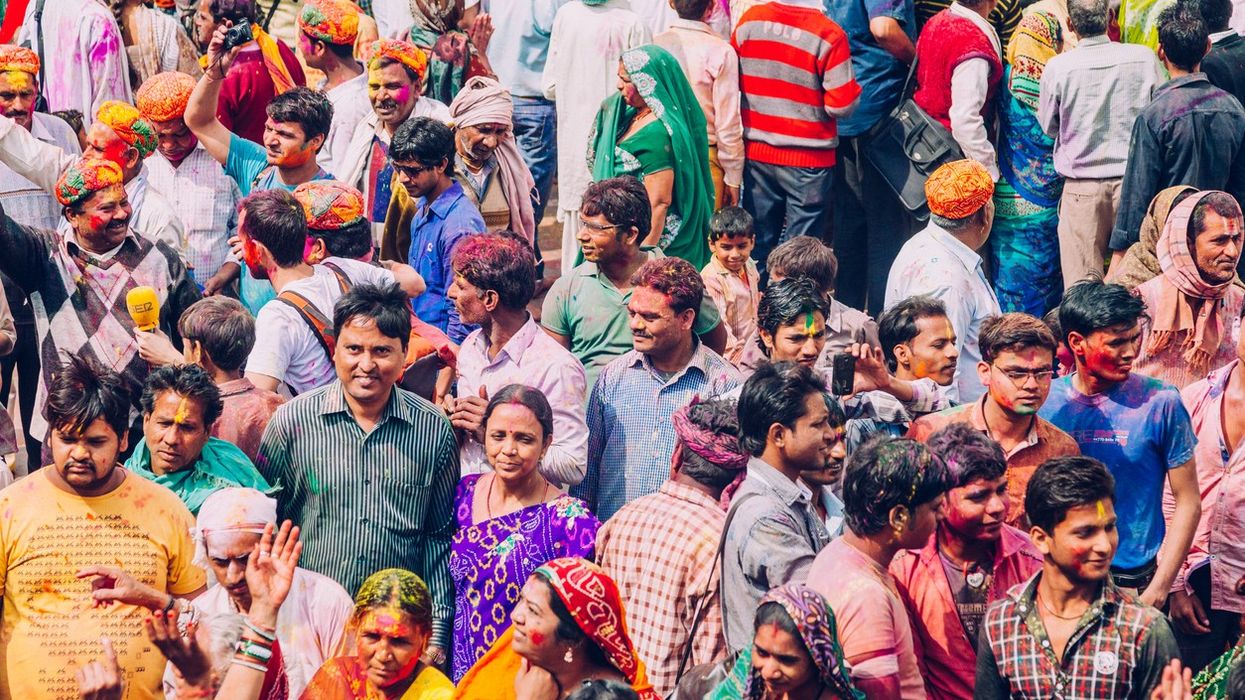INDIA's population will peak at about 1.7 billion in the early 2060s before declining by 12 per cent, according to the UN. Despite this reduction, India is expected to remain the world's most populous country throughout the century,
The World Population Prospects 2024 report, released on Thursday (11), said the world’s population is expected to continue growing over the coming 50-60 years, reaching a peak of around 10.3 billion people in the mid-2080s, up from 8.2 billion in 2024.
After peaking, the global population is projected to start declining gradually, falling to 10.2 billion people by the end of the century.
India, which surpassed China as the world's most populous nation last year, will continue to hold that position through 2100.
"The population of India, which is expected to remain the world’s largest throughout the century, will likely decline by 12% after reaching its peak in the early 2060s at about 1.7 billion," the UN report published by the UN Department of Economic and Social Affairs (DESA), Population Division said.
According to the report, India's population in 2024 is projected at 1.45 billion and this will peak to 1.69 billion in 2054. After this, India's population is projected to decline to 1.5 billion by the end of the century in 2100, but the country will still remain the most populous nation on Earth.
Senior population affairs officer, population division, UN DESA Clare Menozzi said that "India is currently the largest country in the world in terms of population, and it is projected to stay so throughout the century. The population is currently estimated at 1.45 billion, and it's supposed to increase further" to 1.69 billion.
"It's supposed to peak around the 2060s in size and then it starts to slightly decline. So by the end of the century, India is projected to be around 1.5 billion, but still the largest country in the world by a large margin.”
The report said that China's population, currently 1.41 billion in 2024, will fall to 1.21 billion in 2054 and further decline to 633 million by 2100.
“It is anticipated that China, the country currently with the world’s second-largest population, will likely experience the largest absolute population loss between 2024 and 2054 (204 million),” followed by Japan (21 million) and Russia (10 million). “Longer-range population projections are more uncertain” for China,” it said.
"However, due to its large size and sustained low level of fertility, China is also likely to record the largest population decline of any country through the end of the century (786 million people). By 2100, China is projected to have lost more than a half of its current population and to have returned to a population size comparable to that recorded in the late 1950s (50% probability)."
Responding to a question on the significantly low population projection for China, director of the population division at UN DESA John Wilmoth said that "it really relates to the level of fertility that's observed currently in China".
"The current number is right around one birth per woman on average over a lifetime. Given that you need 2.1 births to maintain the current population without migration, if fertility levels remain at such a low level, even if they come up slightly, any fertility level if it's below two, or especially below 1.8 or below 1.5, you're really getting into low levels of fertility and it produces a long run decline that's quite significant. And that's true for China," Wilmoth said.
(PTI)





